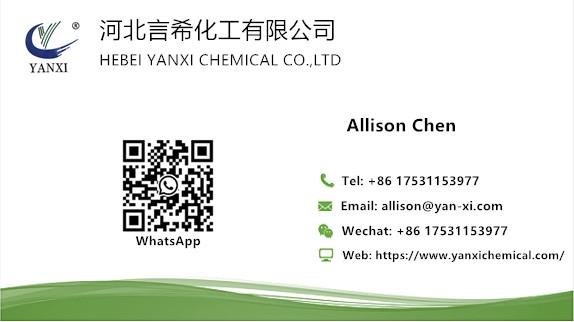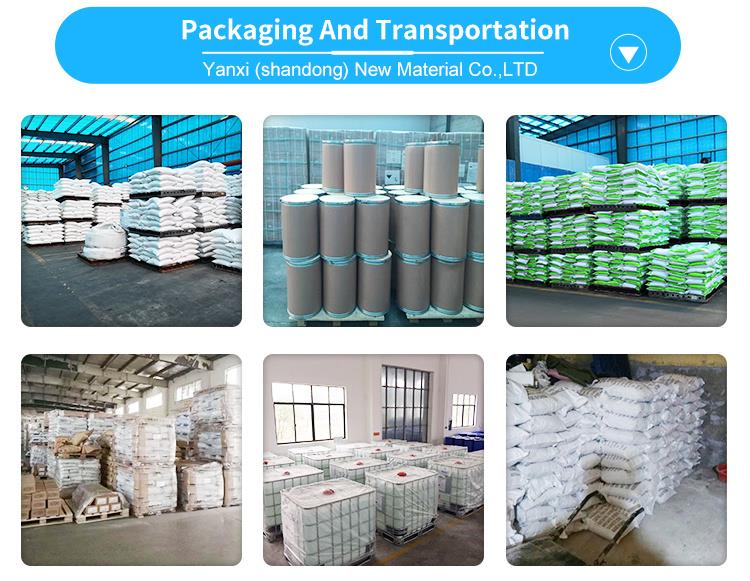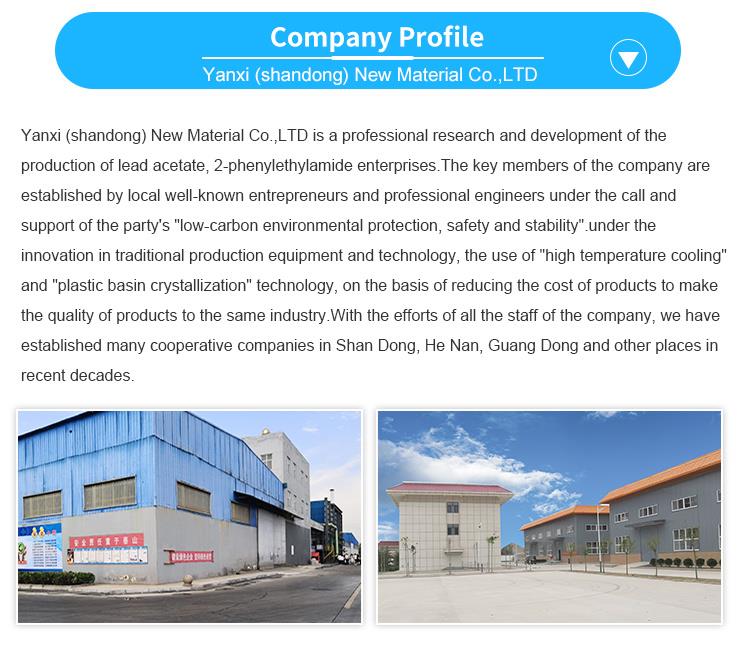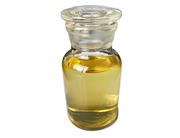Polystyrene (PS) is a synthetic aromatic polymer made from the monomer styrene. Polystyrene can be solid or foamed. General-purpose polystyrene is clear, hard, and rather brittle. It is an inexpensive resin per unit weight. It is a rather poor barrier to oxygen and water vapor and has a relatively low melting point. Polystyrene is one of the most widely used plastics, the scale of its production being several billion kilograms per year. Polystyrene can be naturally transparent, but can be colored with colorants. Uses include protective packaging (such as packing peanuts and CD and DVD cases), containers (such as "clamshells"), lids, bottles, trays, tumblers, and disposable cutlery.
As a thermoplastic polymer, polystyrene is in a solid (glassy) state at room temperature but flows if heated above about 100°C, its glass transition temperature. It becomes rigid again when cooled. This temperature behavior is exploited for extrusion (as in Styrofoam) and also for molding and vacuum forming, since it can be cast into molds with fine detail.
Polystyrene is very slow to biodegrade and is therefore a focus of controversy among environmentalists. It is increasingly abundant as a form of litter in the outdoor environment, particularly along shores and waterways, especially in its foam form, and also in increasing quantities in the Pacific Ocean.
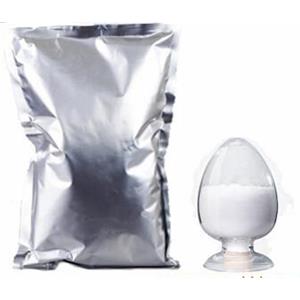
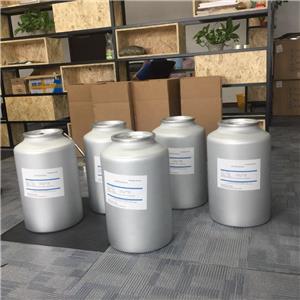

 China
China